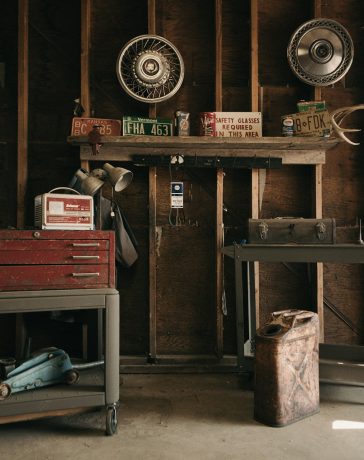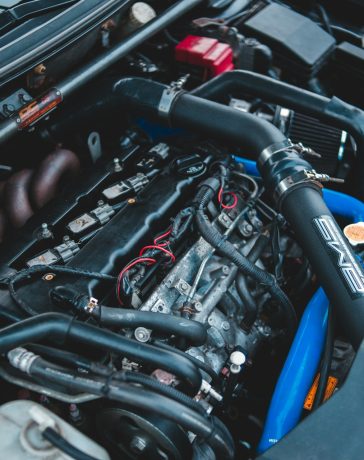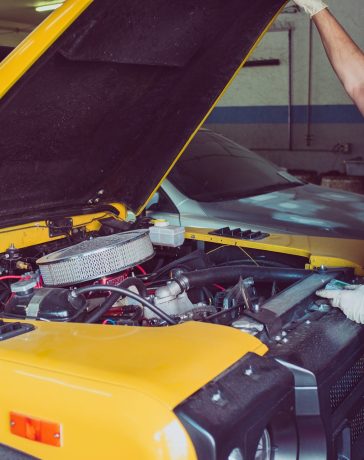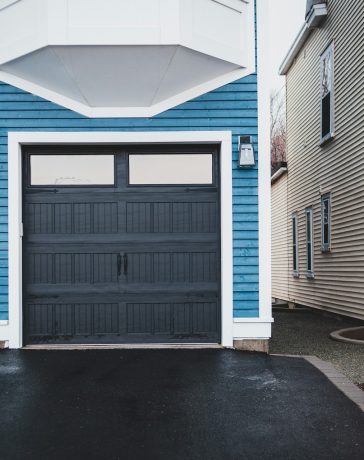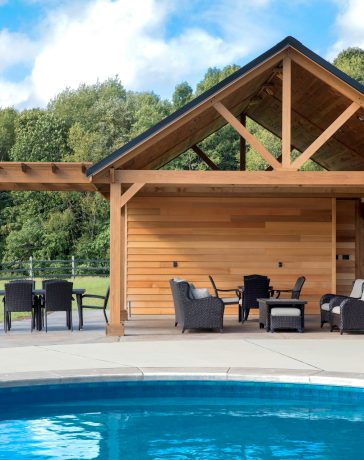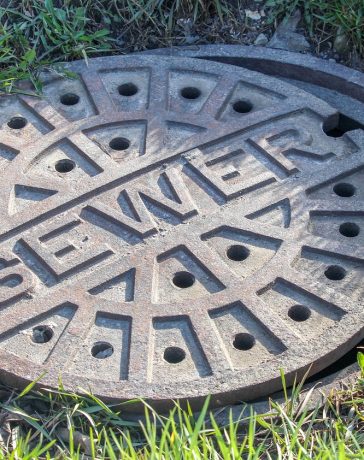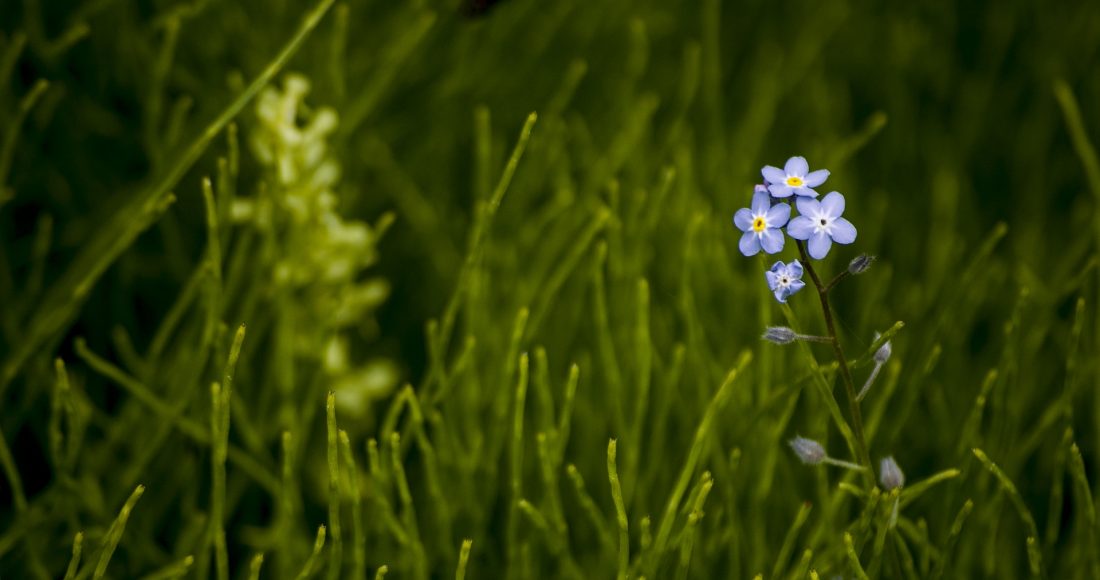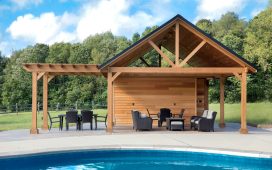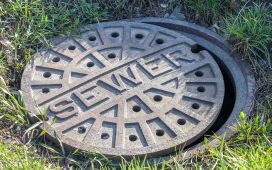How to make your garden more eco friendly
If you’ve already made the effort to be more eco friendly in the home and you want to involve your garden in this carbon reducing process, you may feel a little overwhelmed by the variety of options out there. Here are a few tips to help you easily transform your garden from green to even greener:
Water
You can save plenty of water just by making some very simple changes to your gardening habits. Here are a few tips to help you save water in the garden;
- Rather than soaking your plant from directly above try covering the surrounding soil in water less often but using more water to really soak the soil; the evaporation will be reduced, the plant will grow stronger roots and you’ll save time and water.
- Try to use as many large containers as you can rather than hanging baskets and small decorative pots. Larger pots require less water overall and retain water better, combine with some moisture retaining crystals to make your water go twice as far.
- Using mulch like bark and pebbles means you’ll retain more moisture in the soil and also avoid continuous weed regrowth.
- Try to avoid watering your garden in the midday sun when a large percentage of your water will evaporate and you may even risk scorching your plants. For best results water before the sun has come up fully or when it’s gone down – dawn or dusk work best.
- It may seem obvious but watering cans use up a lot less water than hosepipes, if you can use cans instead of hosepipes you will save on a lot of water saving you money and reducing your water usage.
- Get a water butt which is a simple tub you put in your garden to save rainwater. You could use the excess for watering your plants or some people even have them connected to the water system to be used as toilet flushing water.
Ground Heat Pipes
If you’ve already installed a biomass boiler or set of solar panels into your home, these could help contribute to your water heating system. They can be used on their own but work best as part of a larger system due to the temperatures they can achieve and the fact they need electricity to run. They can be buried vertically or horizontally in your garden and produce hot water by absorbing the heat from the ground.














